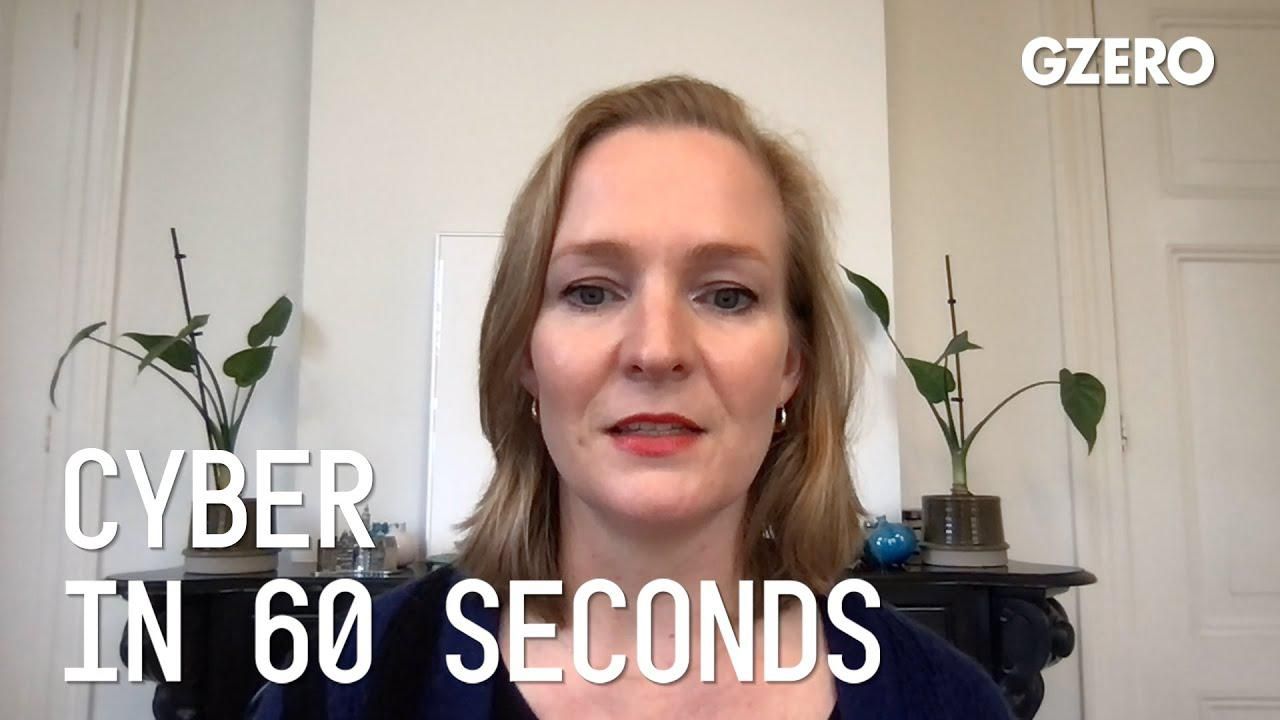
Marietje Schaake, International Policy Director at Stanford's Cyber Policy Center, Eurasia Group senior advisor and former MEP, discusses trends in big tech, privacy protection and cyberspace:
Do cryptocurrencies make it harder to enforce foreign policy sanctions?
Well, that is exactly what the Biden administration worries about. As part of growing concerns of whether unregulated currencies undermine a whole host of policies, sanctions and foreign or trade policy should be a priority area. And just like others who wish to evade tracing of their wealth or transactions, the very states or their sanctioned entities should be assumed to resort to all options to evade restrictions while continuing to do business. So having cryptocurrencies undermining the ability to enforce strategic goals logically raises eyebrows in Washington.
Didn't the Biden administration recently sanction a cryptocurrency exchange itself?
Yes, it did. But the sanctions against SUEX were intended to prevent the company or platform from being the clearing house for criminal money. My sense is that there will be plenty more legal updates, regulations and ad hoc steps to ensure that cryptocurrencies do not undermine the ability to make policy, whether it's monetary or foreign policy.
- The US and EU further talks on technology governance - GZERO ... ›
- What are NFTs, and how do they fit into the crypto landscape ... ›
- El Salvador's millennial president bets on Bitcoin - GZERO Media ›
- What can governments do about cryptocurrency? - GZERO Media ›
- What We're Watching: China bans crypto, commandos kill Jesús, EU ... ›